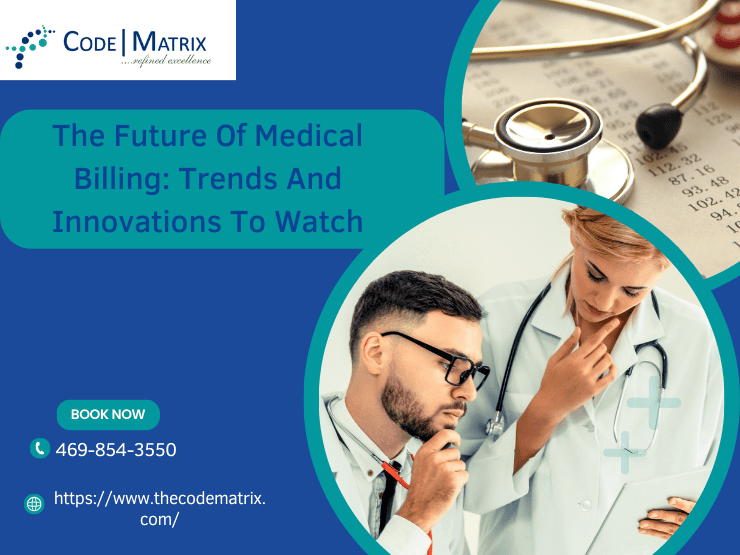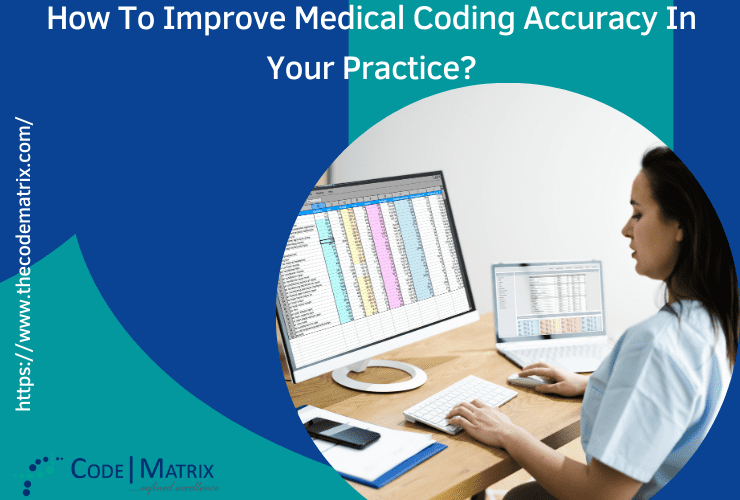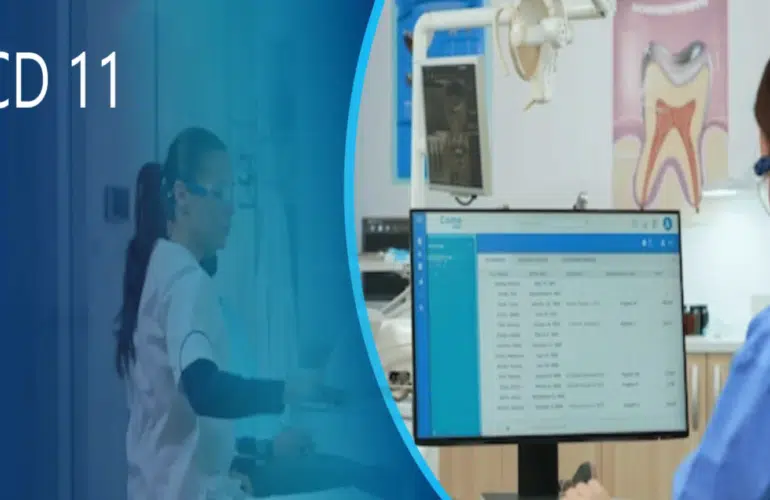Medical billing is the process of submitting and following up on claims with health insurance companies to receive payment for services rendered by a healthcare provider. The process involves submitting patient information, such as demographic data and medical codes, to insurance providers to receive payment for services provided. This process can be tedious and time-consuming, as it requires constant communication with insurance companies regarding claims status, eligibility, and payment.
Medical billing is an essential part of the healthcare industry, as it helps to ensure that healthcare professionals are paid for the services they render. Without proper medical billing, providers would not be able to receive reimbursement for their services, leading to a decrease in the quality of care and financial hardship for many medical practices.
In recent years, the medical billing industry has been revolutionized by several technological advances. This has allowed medical providers to streamline their billing processes and better manage their accounts receivables. As the healthcare market continues to evolve, new medical technology trends and innovations in medical billing are emerging that promise to further improve the accuracy and efficiency of the process.
Trends and Innovations in Medical Billing
The healthcare industry is currently undergoing digital transformation. Medical billing is a complex and ever-evolving process, and trends in this area are always shifting. In recent years, several innovative medical technology trends have emerged that can help streamline the medical billing process for healthcare providers. These trends and innovations offer the potential to improve efficiency, accuracy, and patient satisfaction.
Artificial Intelligence
The future of medical billing software is likely to be heavily influenced by advances in artificial intelligence (AI). AI is becoming more commonplace in the healthcare industry, and the potential for it to enhance medical billing processes is huge. AI can be used to automate mundane tasks such as data entry, claims processing, and coding. This will free up staff members at medical practices for more important activities.
AI can also be used to quickly and accurately detect errors in medical billing, reducing the chances of costly claims denials. In addition, AI can be utilized to develop predictive analytics models which can help practices better predict and plan for their revenues.
Automation
Automation is another emerging trend in the healthcare sector that promises to streamline the medical billing process. Automation technologies such as robotic process automation (RPA) can be used to automate mundane tasks such as data entry and claims processing. This can help to free up staff members at medical practices for more important tasks.
In addition, robotic process automation (RPA) can also be used to quickly and accurately detect errors in medical billing software, reducing the chances of costly claims denials. Automation can also help healthcare providers better track individual patient records and payment history, improving patient safety & satisfaction.
Blockchain Technology
Blockchain technology is another emerging digital technology that has the potential to revolutionize healthcare services, particularly the medical billing processes. Blockchain technology can be used in the healthcare sector to securely store and transfer data related to claims and payments, reducing errors and speeding up the process. This can help streamline the medical billing process and reduce costs for healthcare providers.
Electronic Health Records
Electronic Health Records (EHRs) are quickly becoming the standard for medical billing and record-keeping. The use of EHRs has been on the rise since 2009 when the HITECH Act was passed and federal incentives were made available to providers to encourage digital adoption. Now, nearly all healthcare providers have adopted some form of EHR system, though many are still transitioning from paper records.
EHRs offer several benefits to healthcare providers, including improved accuracy, faster payment cycles, and improved patient care and outcomes. Additionally, EHRs can help reduce the amount of paperwork associated with medical billing and make it easier to access patient information quickly and securely.
Data Analytics and Reporting
Data analytics and reporting is one of the emerging medical billing trends that is quickly transforming the way healthcare providers receive, process, and use their data. This technology provides medical professionals with an easier way to track data, analyze it, and make informed decisions about patient care. With access to real-time analytics and reporting, clinical staff can easily identify patterns, trends, or other insights that can help improve care to patients.
Medical Billing Services Provider
Medical billing is quickly evolving due to the influx of technology and other innovative trends. From AI and automation to EHRs and blockchain technology, the future of medical billing promises to be an exciting one. As healthcare system providers continue to adopt these cutting-edge technologies, they will be able to improve the accuracy, speed, and efficiency of their processes – ultimately leading to better patient care.
If you provide medical services and are looking to outsource your medical billing and coding, you can contact the experts at CodeMatrix MedPartners LLC. We offer further guidance on where medical billing is headed, and what future trends and innovations medical professionals should watch out for.




